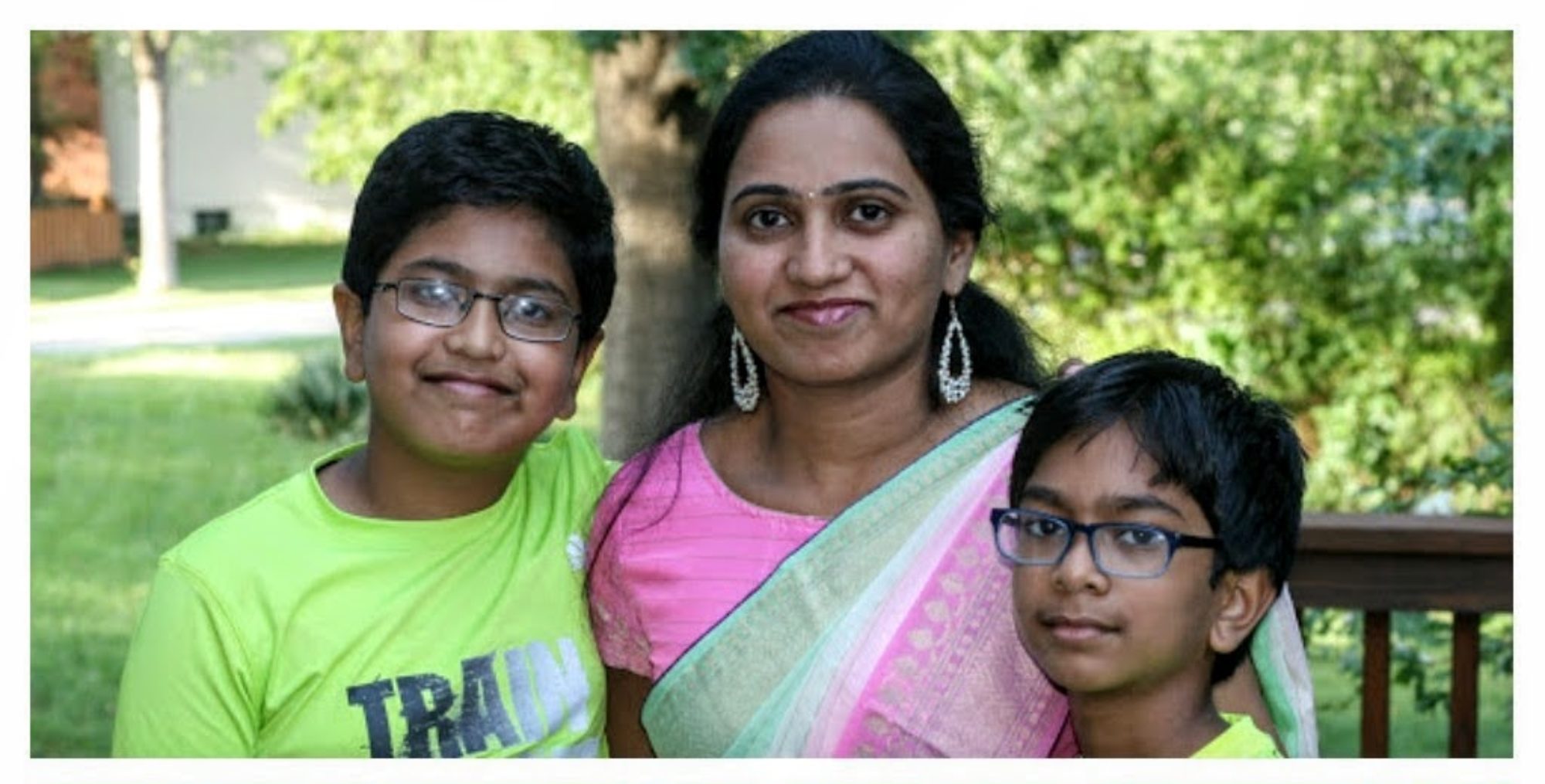For many Indian women living and working in the U.S., celebrating traditional festivals can feel like an impossible task. Balancing a demanding career with the desire to honor cultural traditions creates an emotional tug-of-war. Festivals like Sankranti, Diwali, Holi, and Navratri, which were once filled with family gatherings, festive meals, and religious rituals, now feel distant, overshadowed by deadlines and work meetings.
The struggle often starts with time—between work commitments, family obligations, and personal time, it’s hard to carve out space for the elaborate preparations that these festivals require. A woman might find herself juggling a hectic day at the office while also trying to complete her ritualistic prayers at home, cook traditional dishes, and participate in family Zoom calls from halfway across the world.
Another challenge is the feeling of isolation. In the U.S., where Indian festivals are not widely recognized, it can be difficult to find community celebrations that truly capture the essence of home. While some companies acknowledge holidays like Diwali with a mention or a small celebration, they often don’t provide the time or space needed for full participation.
Yet, despite these challenges, the resilience and determination of working women shine through. They find ways to adapt—setting aside time for personal celebrations, collaborating with friends and family to share the workload, or even simplifying traditions to fit into a hectic schedule. The spirit of these festivals, which are all about renewal, joy, and togetherness, continues to thrive, even in the midst of the struggle.
For many, this balancing act represents the very essence of their experience: adapting, compromising, and still finding ways to stay connected to their roots, no matter how far away home might seem.
